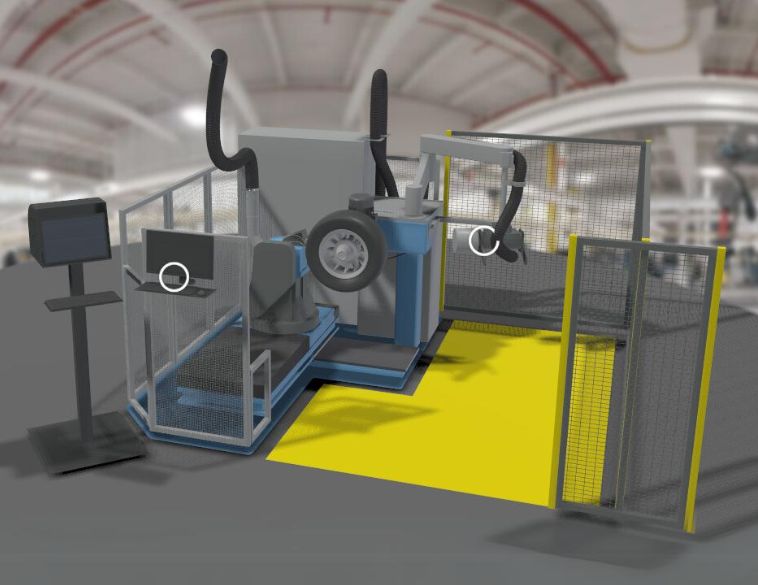Commercial traction tires play a crucial role in the performance and efficiency of transport vehicles.
They must meet exacting requirements in terms of traction, durability and fuel economy to satisfy the needs of modern fleets.
Challenges and solutions
Today’s fleets demand greater performance and efficiency from their equipment and tires. Tire manufacturers have responded to this call with ever more innovative, up-to-date and high-performance products.
Examples include GoodYear’s Fuel Max RTD for regional service drive wheels, which combines traction and fuel efficiency. Or TechKing’s Powerful Traction for tougher conditions. Or the UltraGrip RTD, also from GoodYear, which comes in an all-season version and offers traction and grip.
In this context, commercial traction tires play an essential role by providing eight points of contact between the truck and the road, enabling truck engines to achieve horsepower ratings of up to 600 hp, with torque of over 2,000 lbs.
Faced with this evolution, there are three major performances that customers appreciate and expect from their tires: traction, durability and fuel economy.
The perfect balance
An optimum balance between traction, life and fuel economy ensures even tire wear and significant savings for fleets, improving their profitability and operational efficiency.
Traction tires account for around 30-40% of total fuel consumption. This prompts many fleets to give priority to fuel economy, especially in this position. A fuel-efficient commercial tire configuration can achieve around 6.3 miles per gallon, compared with the 6 miles per gallon of a typical configuration.
What’s more, every 8% reduction in rolling resistance results in around 1% additional fuel savings. These very realistic potential fuel savings are particularly attractive to fleets.
Commercial traction tires play a crucial role in modern fleets. By balancing traction, durability and fuel economy, these tires improve commercial vehicle efficiency while reducing operating costs. Constant advances in the tire industry are opening up new prospects for fleets seeking to remain competitive and promote sustainable driving.
By Guy Letellier from Point S for Association des Spécialistes de Pneu et Mécanique (ASPMQ)



